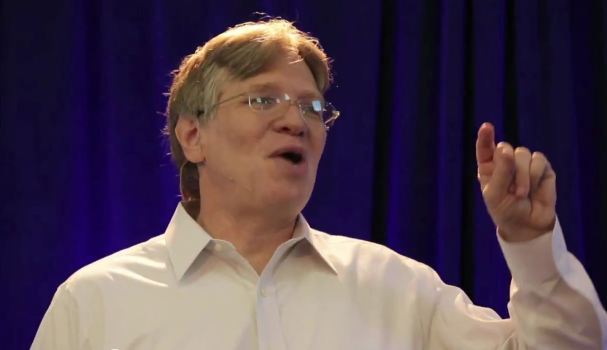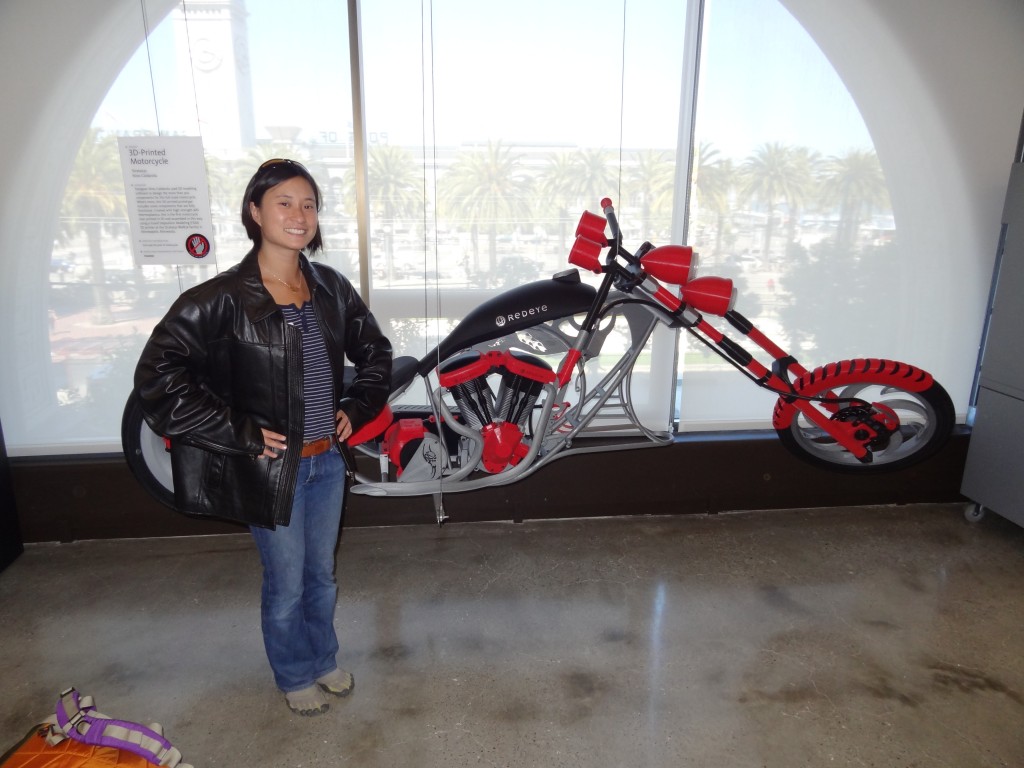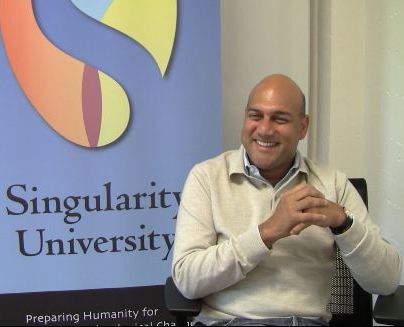
Singularity University [SU] has a religious fetish for its sacred words – disrupt, innovate and, most of all, exponential. Just listen to any recent SU alumni and you can’t help it but hear disrupt here, innovate there and, most of all, exponential everywhere. This is not surprising since, even before updating its Massively Transformative Purpose [MTP] to “Be Exponential,” SU was the temple proselytizing the gospel of exponential technology. The problem with such shallow-minded slogans is that people might end up doing just that. And it could be the end of us all. Because, while necessary, technology is not enough.
You see, the Black Death – aka The Great Plague, was exponential. The Spanish Flu was also exponential. [And we were very lucky that neither SARS nor Ebola went exponential during their respective outbreaks a few years ago.] Al Qaeda was pretty innovative in their attacks on 9.11. And ISIS was and still is pretty disruptive, not only in the Middle East but also across the globe. So when you urge us to be exponential, innovative and disruptive, are you suggesting that we ought to be like The Great Plague, The Spanish Flu, Al Qaeda or ISIS?
Clearly, if we go exponential, innovative and disruptive with the wrong things we can do exponentially more harm than good. Therefore, the most important part we must get right, to begin with, is the part of what we are being/doing in the first place. Thus the stress ought to be not on being “exponential” but on “Be-ing” the right thing in the first place. Then, even if we don’t go exponential, we can still make some positive [even if linear] impact on our world. But if we get the being part wrong, and we rush into going exponential, then we can destroy ourselves.
I hope it is clear we can be disruptive, we can be innovative, we can be exponential and we can still cause the extinction of all life on our planet. So being simply “exponential” is not just meaningless. It is outright dangerous. Therefore my concern that we are putting the stress on the wrong word within “Be Exponential” is not mere semantics. Unfortunately, however, I am afraid this slogan captures well and is a direct result of SU’s general confusion of the means with the end. Why else would Singularity University move away from “Solving humanity’s grand challenges” – a noble end in itself, to “Be Exponential” – an instrumental means to an end?! [And was the original purpose of SU not served well enough by its non-profit status? Or is it the case that the personal interests of the people running SU are better served by becoming a for-profit organization?]
Being exponential is just that – a means to an end. In fact, all technology is but a means to an end. Never an end in itself. Because we don’t do things in order to get more technology. On the contrary, we develop new technology in order to get to other more meaningful goals like diminishing suffering, living a good life, and, ultimately, being happy. So when we say “Be Exponential”, or “Be Disruptive” or “Be Innovative” it’s just like saying “Be Technology”, “Be a Tool”, “Be a Means to an End.” It is an empty slogan that spreads confusion and dangerously shifts the focus away from the proper end/goal itself.
Take disruption, for example. We cannot, or at least should not, disrupt the food, water or energy supplies of San Francisco just for the sake of disruption. Just like Facebook should not disrupt the US presidential elections – no matter how innovative and exponential they might be at doing that. So disrupting is not an end in itself – it is, at best, a means. Therefore, if you don’t have something constructive to create as soon you have finished disrupting, you may end up doing a lot more harm than good. Ergo, being constructive is the more important part that we ought to always begin with and pay much more attention to, even though it is always harder to accomplish.
Technology is a magnifying mirror because it has no essence of its own. It simply takes and amplifies the essence we give it. So, instead of focusing on improving the mirror we ought to focus on improving the image we ourselves project in it – i.e. who we are being and what we are doing. Therefore, ultimately, it is not about technology. It’s about us.
Call me short-sighted linear-thinker but my fear is that the “Be Exponential” MTP demonstrates how SU is forgetting technology is just a magnifying mirror: it’s exposing who we are but it’s not changing our fundamental essence – it merely amplifies it. So, if we put garbage in then we are going to get garbage out. But now it’s exponential. And if we are not careful with what it is that we are taking exponential – be it CO2, plastic pollution or grey goo, it can be the end of us all. This is the danger of being merely exponential.

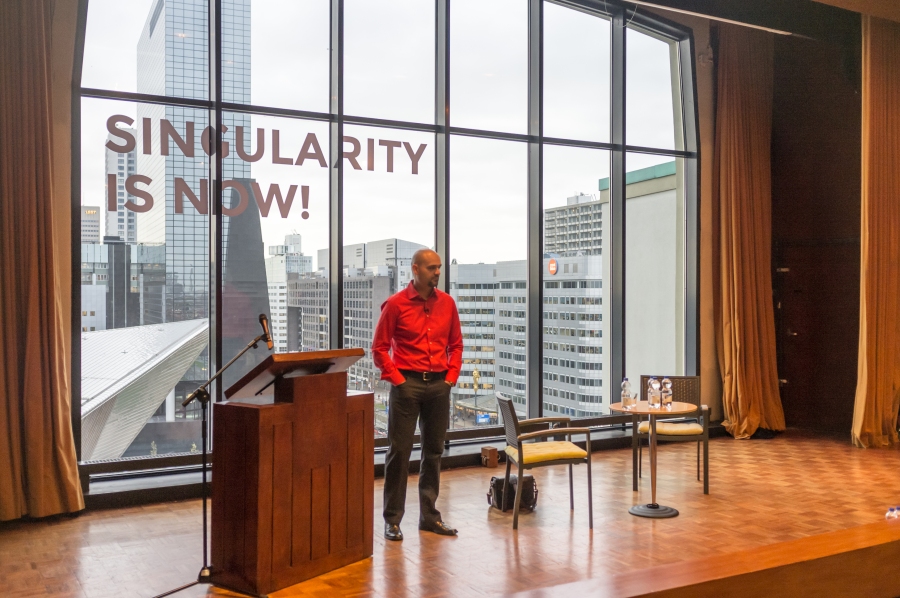
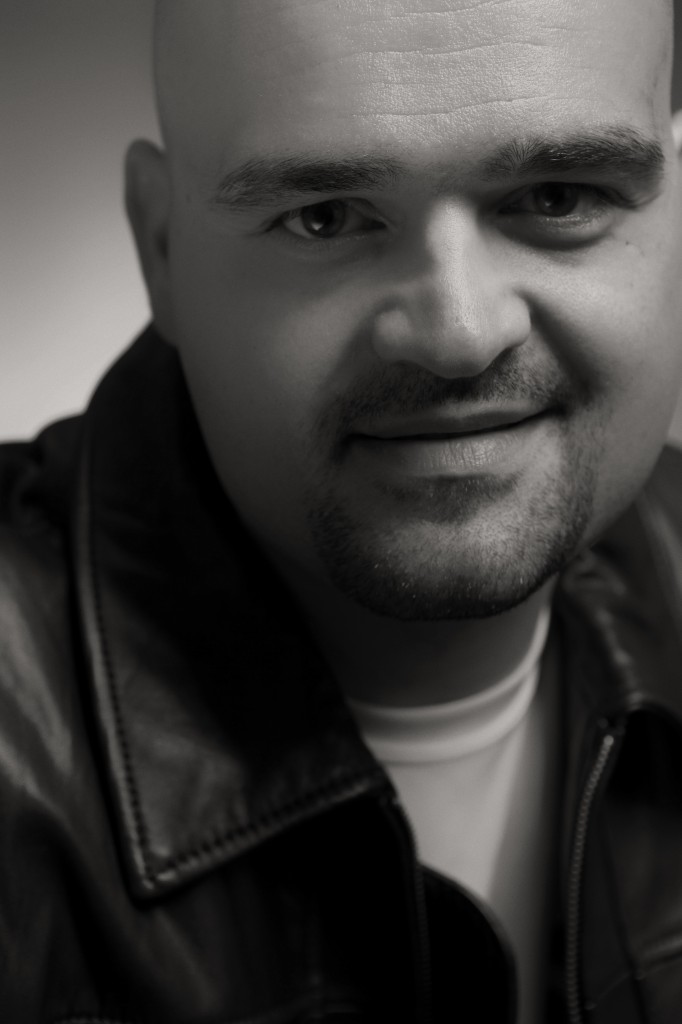 On November 17, 2015 Singularity University Netherlands is organizing a
On November 17, 2015 Singularity University Netherlands is organizing a  A few weeks ago I got interviewed on the
A few weeks ago I got interviewed on the 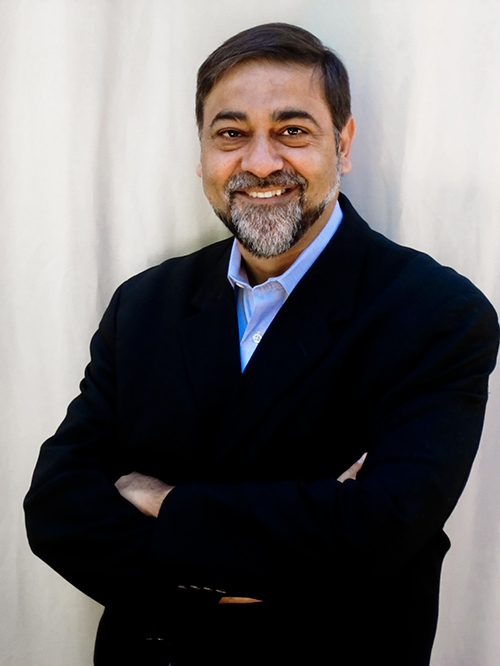 Last week I interviewed
Last week I interviewed  This morning I interviewed
This morning I interviewed 
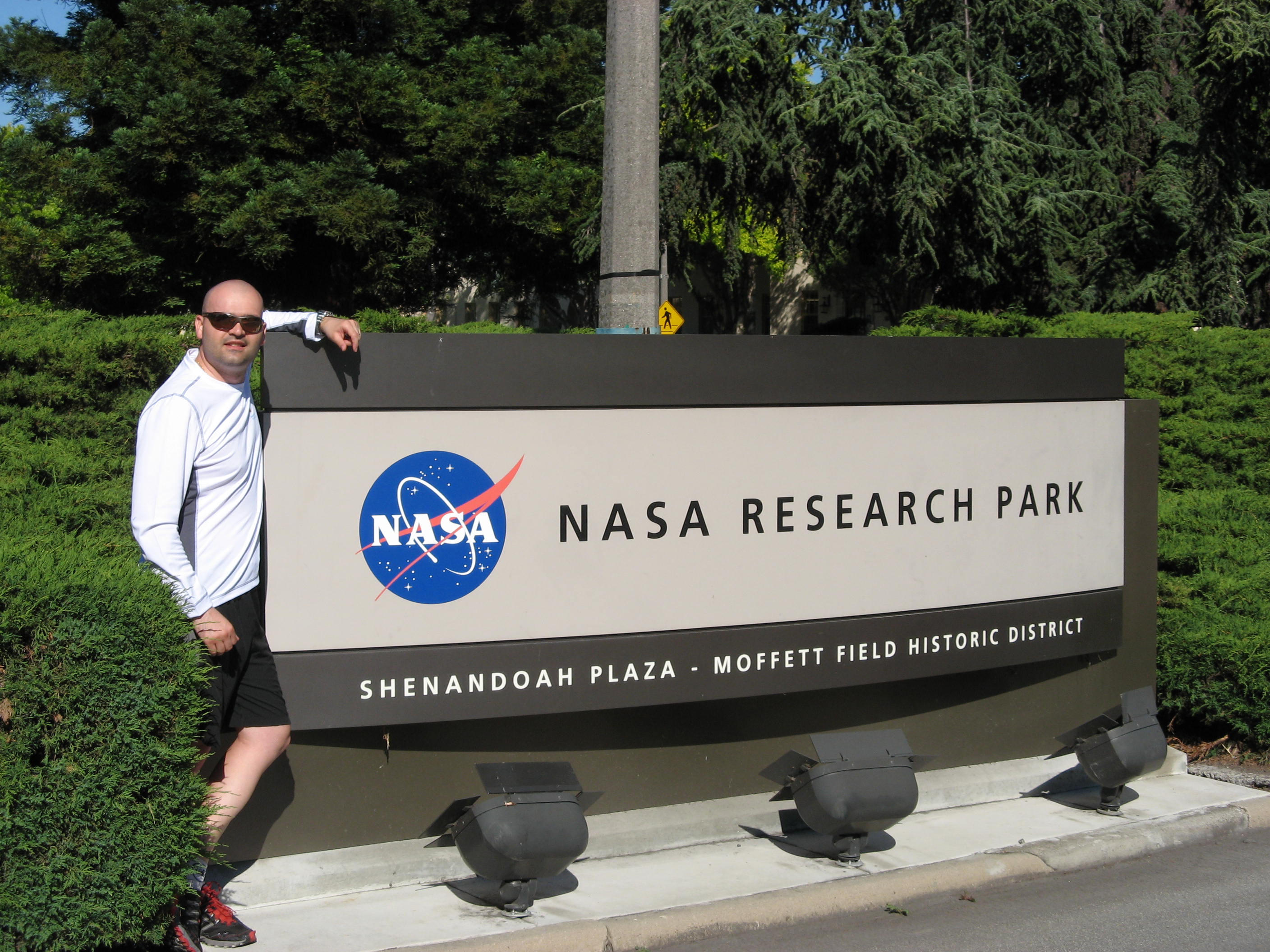 Those of you who followed SingulatityWeblog.com last summer know that I was very fortunate to attend
Those of you who followed SingulatityWeblog.com last summer know that I was very fortunate to attend 
 Marc Goodman is the Policy, Law and Ethics chair at
Marc Goodman is the Policy, Law and Ethics chair at 